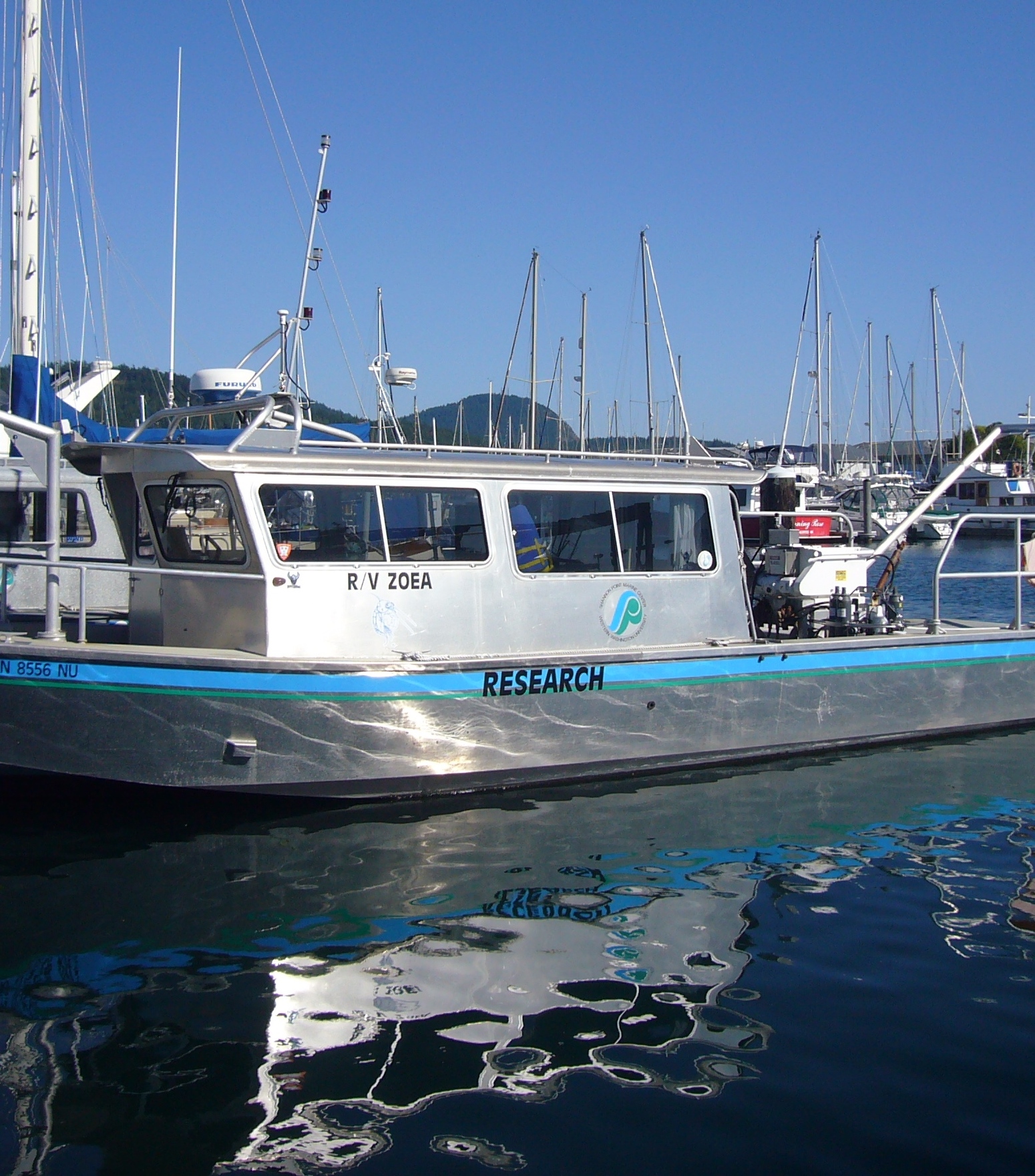Research Program
Research is an essence of Processwork:
A commitment to explore the lesser known aspects of our experience, and to bring the knowledge back to enrich the whole community.
The Process Work Institute is committed to the growth of Processwork research activities. We aim to build the evidence base for Processwork theory and applications by developing an international Processwork and Deep Democracy Research Program.
Research interests include work with individuals, couples, families, groups, organizations and the community. We strive to work together with an international network of more than 25 Processwork training centers around the world, under the umbrella of the International Association of Process Oriented Psychology.
Browse the archive of our Research Symposium program.
Research resources:
- Final Project Theses (Masters and Diploma) and doctoral dissertations
- Academic journal articles
- Archive of The Journal of Process Oriented Psychology.
- Processwork books and the PWI Bookstore.
A brief history of Processwork research
The Processwork paradigm has been committed to research since the original formation in 1982 of the first Research Society for Process-Oriented Psychology, in Zurich, Switzerland. Processwork can be defined as the rigorous, empirical study of natural change processes and how to work with them.
Over the last three decades, Arnold Mindell, his colleagues, and many other practitioners and interdisciplinary researchers have documented Processwork and deep democracy ideas, practices and outcomes through books, doctoral dissertations and journal articles. Students of Processwork training programs around the world contribute to the ongoing development of the paradigm through academic final projects. Final project manuscripts from students of PWI’s Masters programs are available here.
A rich archival resource for Processwork theory and research is available in The Journal of Process Oriented Psychology, published between 1989-2004, by Lao Tse Press, and now being made available online as an open access archive. Hard copy editions of the Journal are available for purchase from the PWI Bookstore, and from Fall 2014, the journal is being republished online thanks to the generosity of Kate Jobe, and the Lao Tse Press.
In 2004, the Swiss Processwork community collaborated in an outcomes study conducted by the Zurich University of Applied Sciences (Zürcher Hochschule für Angewandte Wissenschaften, Departement Angewandte Psychologie), commissioned by Swiss Charta for Psychotherapy to explore psychotherapeutic outcomes. The study involved 86 therapists from nine psychotherapy institutes and 362 clients. The study has concluded and the final findings are in press.[1]Tschuschke, V., Crameri, A., Koemeda, M., Schultess, P., Wyl, A. Von, & Weber, R. (2010). Fundamental Reflections on Psychotherapy Research and Initial Results of the Naturalistic Psychotherapy … Continue reading [2]Wyl, A. von, Crameri, A., Koemeda, M., Tschuschke, V., & Schulthess, P. (2013). Praxisstudie ambulante Psychotherapie Schweiz (PAP-S): Studiendesign und Machbarkeit (Effectiveness of Outpatient … Continue reading
Current Research Priorities
The Process Work Institute seeks to build on the existing evidence base and develop further research activities and publications through collaboration and partnerships. Research Program activities will deepen our knowledge and build interdisciplinary connections with other communities of practice. This will strengthen and contribute to the robustness of the Institute’s training programs by exposing Processwork ideas and techniques to review, testing, challenge and refinement.
PWI is currently prioritizing research that investigates, documents and tests the contribution of Processwork and process-oriented techniques and practices to:
- Health and Well-Being
- Violence Prevention and Community building
- Organizational Change and Leadership; and
- Interdisciplinary understanding through exchange and dialogue with related fields of theory and practice.
Research Program Objectives
The goal of the Process Work Institute Research Program is to develop a high-quality evidence base. Long-term outcomes will include:
- A body of completed empirical research with a mix of quantitative and qualitative research methodologies.
- Peer reviewed academic publications representing the spectrum of Processwork applications.
- Collaborative research projects underway with university, non-government and government partners.
- PhD scholarships to support cutting-edge doctoral research on Processwork and Deep Democracy applications.
For the community of Process Work teachers and practitioners, it will create:
- Growth in credibility and reputation
- Support for accreditation and professional recognition
- Increased graduate recognition and desirability
- Strengthened collaborative relationships between international Processwork training organizations.
Research Program activities include:
- Identifying research priorities and developing strategic, competitive research proposals
- Leading and managing research projects
- Disseminating and promoting research findings
- Building and supporting research relationships between Processwork and Deep Democracy training centers and institutes around the world
- Building collaborative research partnerships with Universities and relevant NGOs
- Securing funds for individual research projects.
References
| ↑1 | Tschuschke, V., Crameri, A., Koemeda, M., Schultess, P., Wyl, A. Von, & Weber, R. (2010). Fundamental Reflections on Psychotherapy Research and Initial Results of the Naturalistic Psychotherapy Study on Outpatient Treatment in Switzerland (PAP-S). International Journal for Psychotherapy, 14(3), 23–35. (see full text at Semantic Scholar) |
|---|---|
| ↑2 | Wyl, A. von, Crameri, A., Koemeda, M., Tschuschke, V., & Schulthess, P. (2013). Praxisstudie ambulante Psychotherapie Schweiz (PAP-S): Studiendesign und Machbarkeit (Effectiveness of Outpatient Psychotherapy in Switzerland (PAP-S study): Study design and feasibility). Psychotherapie-Wissenschaft, 3(1), 6–22.( see full text at the ZHAW Zurich University of Applied Sciences |

